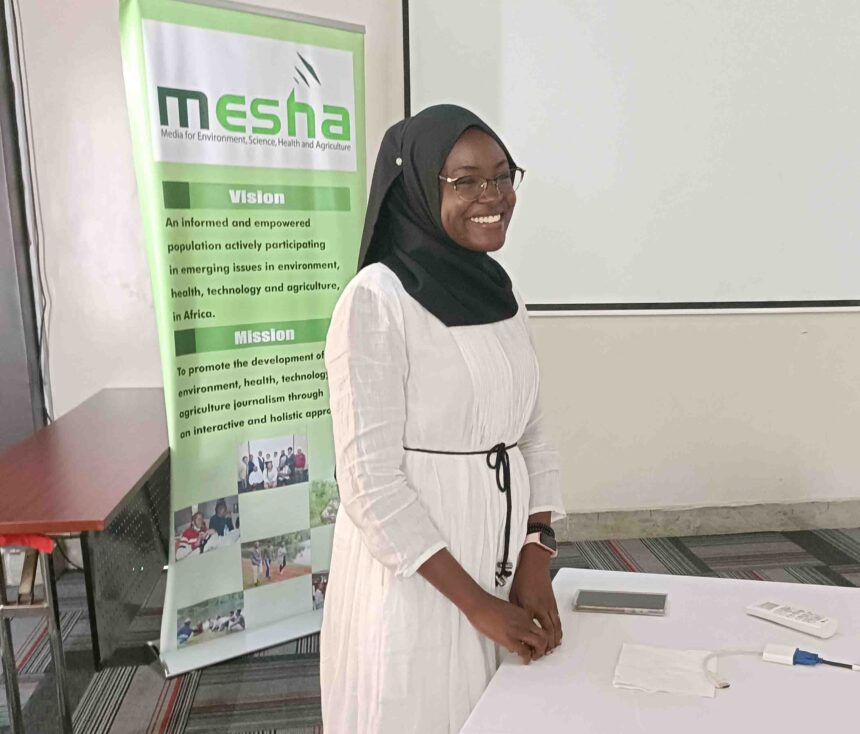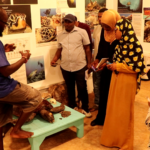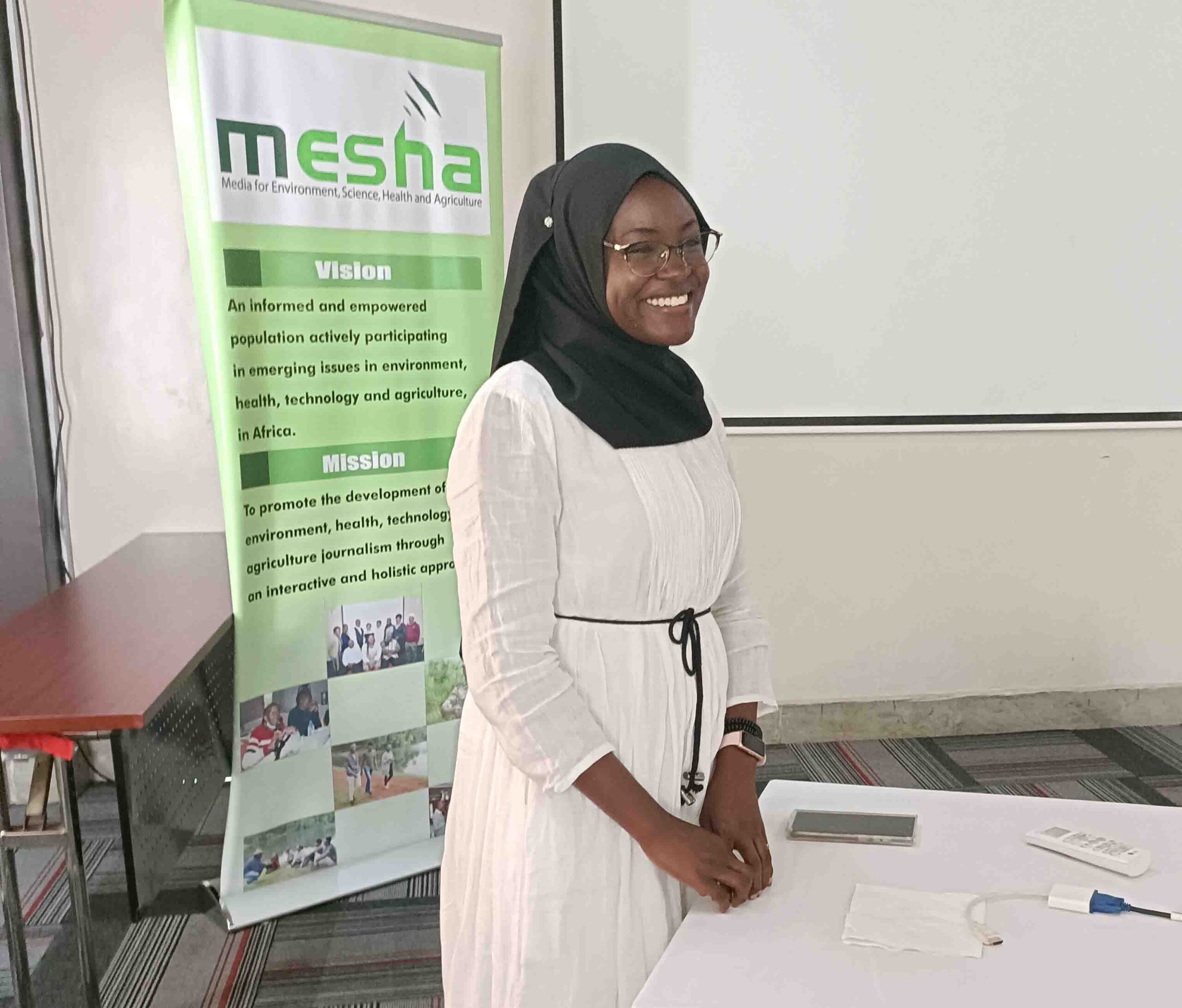
By Clifford Akumu I akumu.clifford@gmail.com
Science journalists need to embrace collaboration in telling Africa’s science story at this time when the media is struggling with profit margins and options in the digital age.
Ms Zeynab Wandati, Media for Environment, Science, Health and Agriculture (MESHA) Board member and sustainability editor with Daily Nation, has called for greater collaboration and innovation in telling the continent’s science story to beat the present challenges.
She was speaking during a Journalists Acting for Biodiversity (JAB) training organised by MESHA, with support from JRS Biodiversity Foundation. In her presentation on how the media can sustain reporting on biodiversity, Ms Wandati urged journalists to read widely to keep abreast of what is happening around them and ensure they produce unique stories.
Noting people’s desire to understand what affects them, Ms Wandati underscored the need to put a compelling central character in each science story to boost the audience’s confidence on issues at hand. Stories that follow compelling characters, she added, help to quell fears and educate audience on complex science issues.
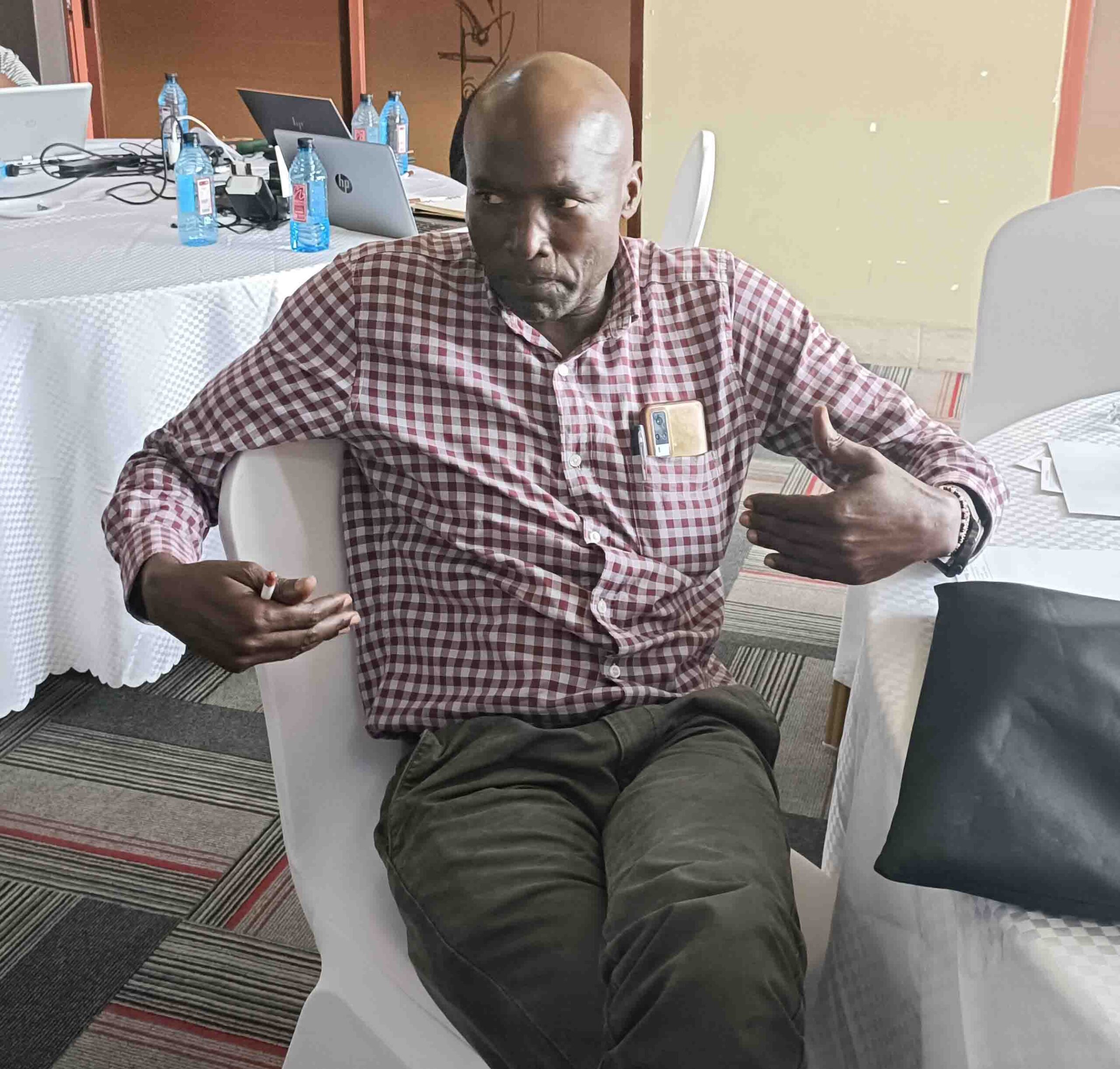
“We live in a global village, hence the need to collaborate in telling science stories. As journalists, let us always be alert to our surroundings, because some stories come from the most unlikely places,” the award winning journalist told the science reporters.
She urged the trainees to focus on solutions journalism in telling the biodiversity story, stressing on the need to do so from an African perspective. “Journalists need to be exposed to the concept of solutions journalism as to aid the cause of developmental changes in society and holding power to account.”
Ms Wandati observed that indigenous knowledge is at the heart of solution stories hence the need to feature such communities that are innovating and implementing their own solutions to avoid what she called copy paste solutions.
“We need to talk about the solutions. Let us move away from relying on press releases or conferences to get sources for news. More needs to be done to inspire our audience by digging deeper into analysis of statements thrown at us,” noted Ms Wandati.
The use of data and technology such as animation in telling biodiversity stories, she added, is another niche market for journalists.
The main speaker of the day, Bernard Risky Agwanda, a scientist at the National Museums of Kenya challenged journalists to uphold responsible health and biodiversity reporting, particularly during disease outbreaks. He asked journalists to be on the lookout for stories that can help conserve biodiversity. “You need to bring out the link between biodiversity and animal diseases linked to aspects such as bushmeat consumption,” he said
Under the auspices of Journalists Acting for Biodiversity (JAB) Project, MESHA sought to mobilise local media to package and disseminate biodiversity stories that can easily be understood by policy makers, the political class and local communities in English and Kiswahili, the regional unifying language. The organisation partnered with scientists on how to communicate and network with the media, and linked them to Kenyan journalists who report on biodiversity.
“Through the JAB project, we have emphasized to journalists that products from collaborative efforts seem to give more in return as they are cost-effective and strengthen journalist to journalist relationships,” said Mr Aghan Daniel, MESHA Secretary.
Under the auspices of Journalists Acting for Biodiversity (JAB) Project, MESHA sought to mobilise local media to package and disseminate biodiversity stories that can easily be understood by policy makers, the political class and local communities in English and Kiswahili, the regional unifying language. The organisation partnered with scientists on how to communicate and network with the media, and linked them to Kenyan journalists who report on biodiversity.
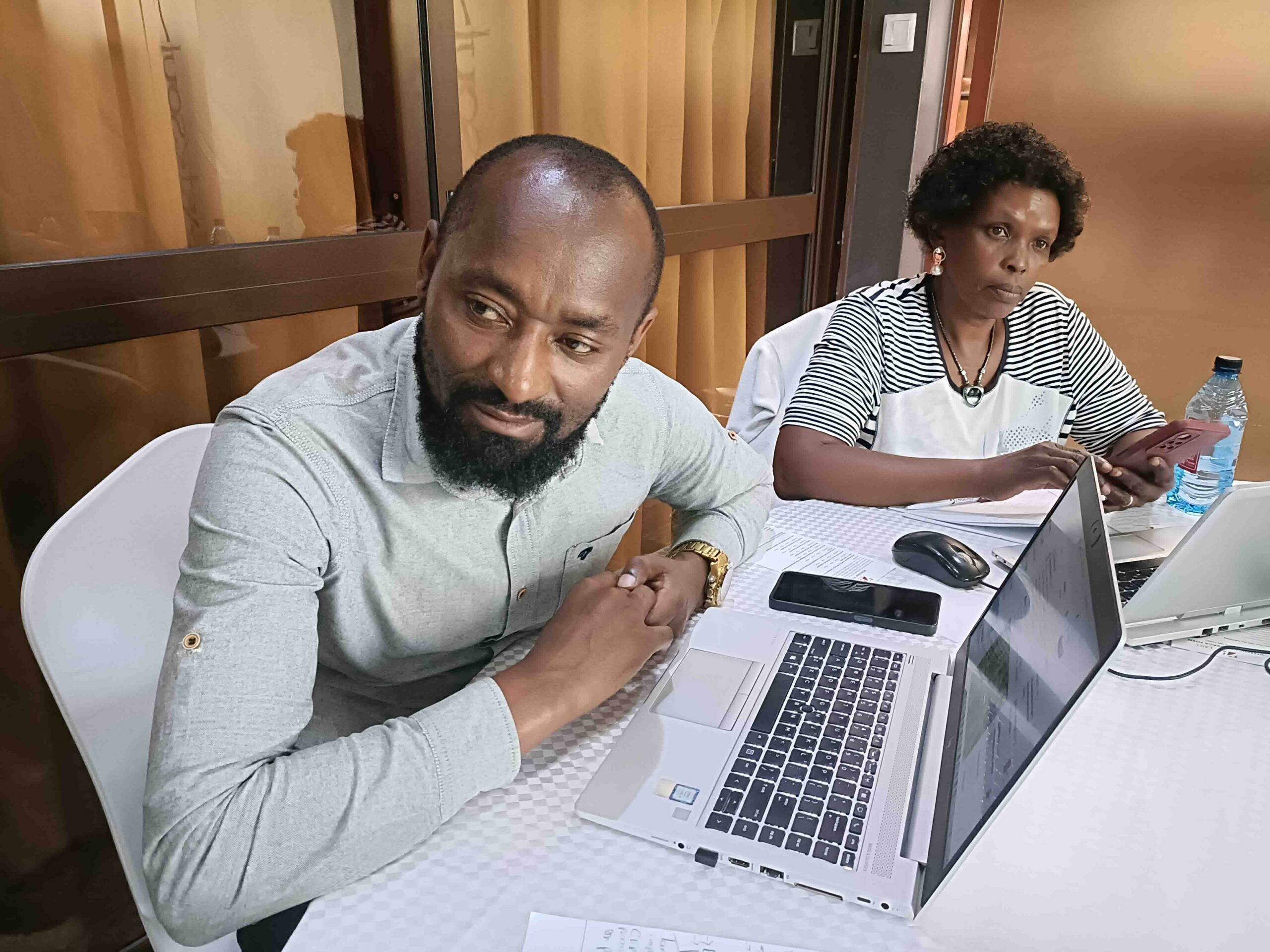
“Through the JAB project, we have emphasized to journalists that products from collaborative efforts seem to give more in return as they are cost-effective and strengthen journalist to journalist relationships,” said Mr Aghan Daniel, MESHA Secretary.


